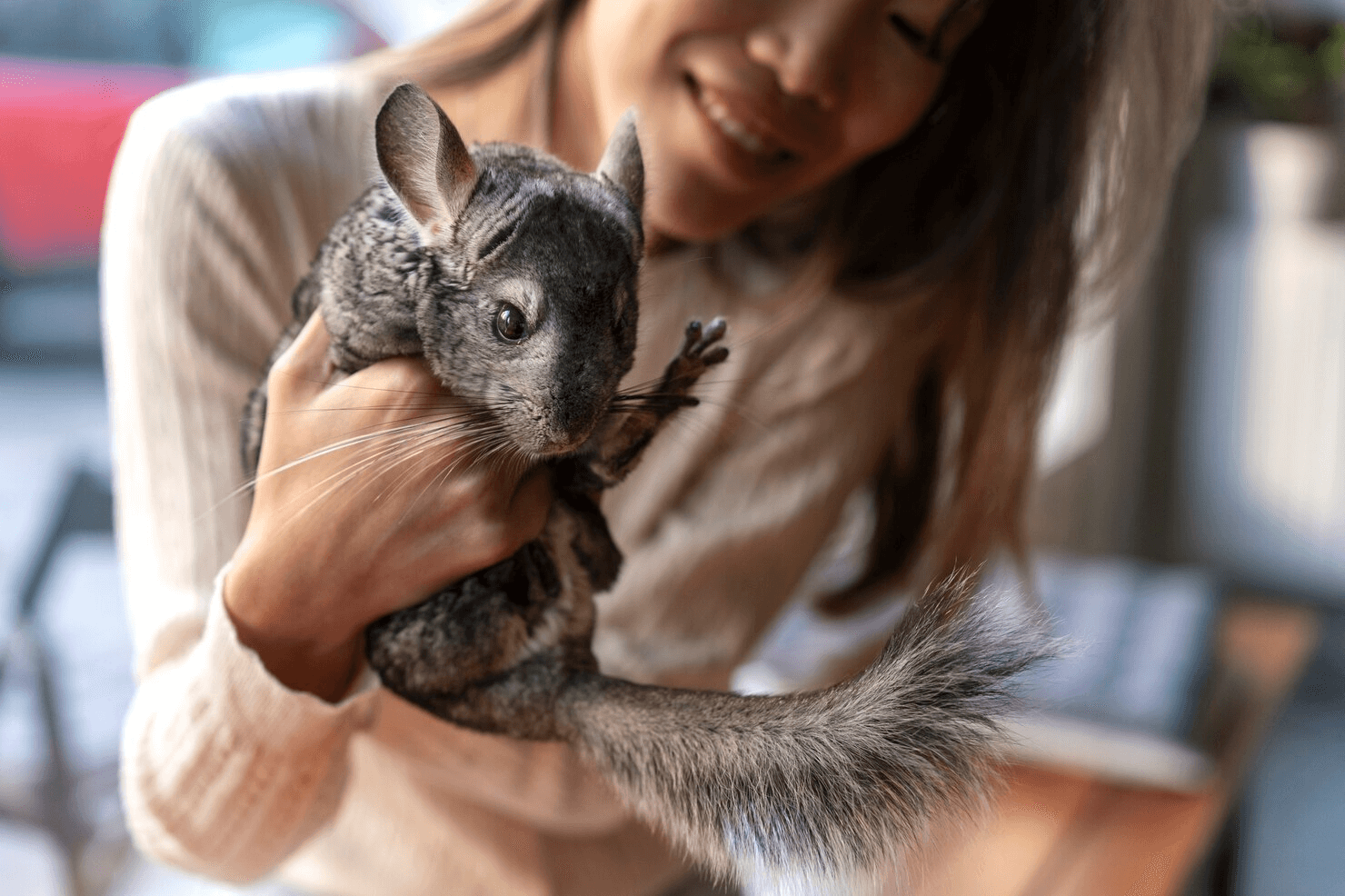Chinchillas are adorable and inquisitive small rodents known for their dense, soft fur and lively personalities. As pets, they require not only proper care but also mental and physical stimulation to lead happy and healthy lives. Chinchilla enrichment plays a vital role in keeping these intelligent creatures active and content. In this guide, we’ll explore various ways to enrich your chinchilla’s environment and ensure they thrive in your care.
Understanding Chinchilla Behavior
Before diving into chinchilla enrichment, it’s essential to understand the natural behavior of these small mammals. Chinchillas are known for the following traits:
- Nocturnal: Chinchillas are most active during the night and early morning, making them crepuscular animals.
- Social: They are social creatures and often thrive when kept in pairs or small groups. Social interaction with their cage mate(s) is essential for their well-being.
- Chewing Instinct: Chinchillas have continuously growing teeth, and they need to chew on objects to keep their teeth from overgrowing. This behavior is critical for their dental health.
- Curious and Active: Chinchillas are naturally curious and enjoy exploring their environment. They need mental and physical stimulation to prevent boredom.
1. Proper Housing and Cage Setup
The foundation of chinchilla enrichment is a suitable habitat. Consider the following when setting up your chinchilla’s cage:
- Size: Chinchillas require a spacious cage to allow for exercise. A multi-level cage with shelves and platforms provides more room for movement.
- Wire Mesh Flooring: Avoid wire mesh flooring, as it can hurt their sensitive feet. Opt for solid flooring or use removable wooden shelves.
- Hiding Spots: Provide hiding spots or small shelters within the cage for privacy and security.
- Toys and Accessories: Include a variety of chinchilla-safe toys, such as tunnels, wooden blocks, and hanging toys. These toys satisfy their chewing and exploration instincts.
2. Dust Baths
One of the most distinctive behaviors of chinchillas is their dust bathing routine. Chinchillas have dense fur that requires regular dust baths to maintain cleanliness. Offer a chinchilla-specific dust bath house or container filled with chinchilla dust (not regular sand) two to three times a week. Allow your chinchilla to roll and frolic in the dust bath for about 10-15 minutes per session.
3. Chewing Opportunities
As mentioned earlier, chinchillas need to chew to keep their teeth in check. Provide safe, wooden chew toys and blocks to satisfy their natural chewing instincts. Hardwood blocks and applewood sticks are excellent choices. Avoid toys made from softwoods or any materials that may be harmful if ingested.
4. Playtime and Social Interaction
Chinchillas enjoy spending time outside of their cage for supervised playtime and socialization. Set up a safe and chinchilla-proofed play area where they can explore, hop, and exercise. Ensure the area is free from potential hazards like electrical cords, toxic plants, or small objects that could be ingested.
If you have multiple chinchillas, supervised playtime together can promote social bonding. However, always monitor their interactions to prevent any aggressive behavior.
5. Rotate Toys and Activities
Chinchillas are intelligent creatures that can become bored with repetitive activities. To keep their minds engaged, rotate their toys and activities regularly. Introduce new toys, rearrange their cage layout, or create novel challenges for them to explore.
6. Puzzle Feeders and Foraging Toys
Stimulate your chinchilla’s mental abilities by providing puzzle feeders and foraging toys. These toys require them to work for their food, promoting mental stimulation and preventing boredom. You can hide chinchilla-safe treats or a portion of their daily pellets in these toys for them to discover and retrieve.
7. Safe Out-of-Cage Exploration
Chinchillas benefit from occasional safe exploration outside their cage. Chinchilla-proof a designated area by removing potential hazards and providing soft surfaces for them to hop and play on. Always supervise their out-of-cage time to ensure their safety.
8. Offer Novel Foods
Variety in their diet can be mentally stimulating for chinchillas. Occasionally offer safe and approved fruits, vegetables, or hay treats that they haven’t tried before. Ensure these treats are given in moderation to maintain a balanced diet.
Chinchilla enrichment is a crucial aspect of caring for these lively and intelligent rodents. By providing a stimulating environment, opportunities for physical activity, social interaction, and mental engagement, you can ensure that your chinchilla leads a happy and fulfilled life in captivity.
Remember that each chinchilla has its unique preferences, so observe your pet’s behavior to tailor their enrichment activities to their liking. With proper care and thoughtful enrichment, your chinchilla will thrive in your care and become a cherished member of your family.



